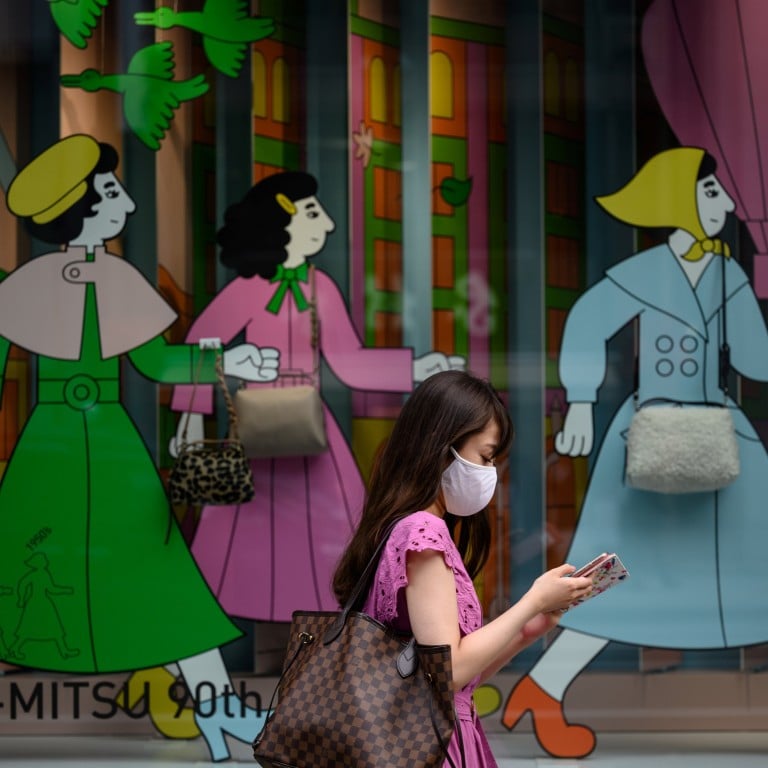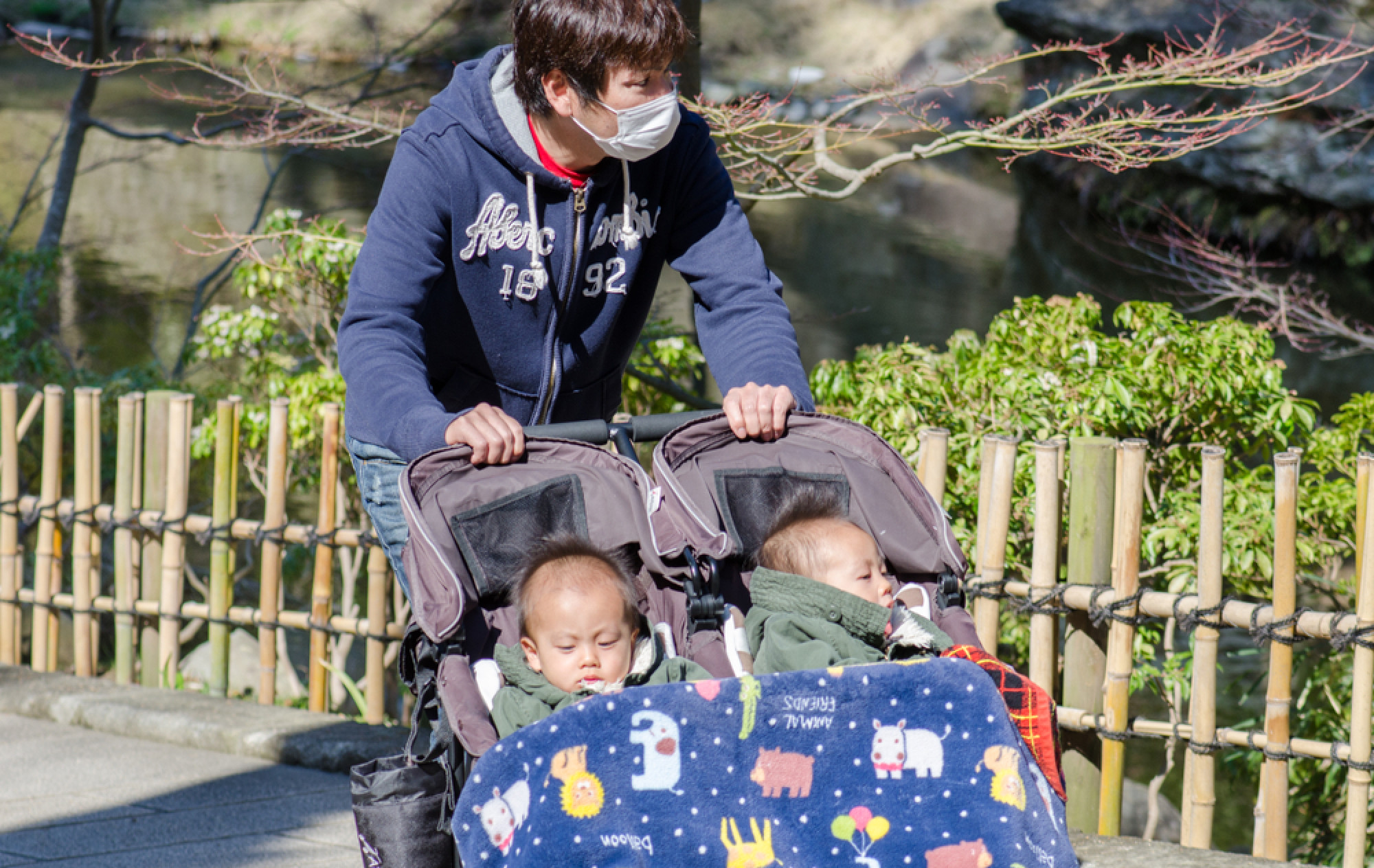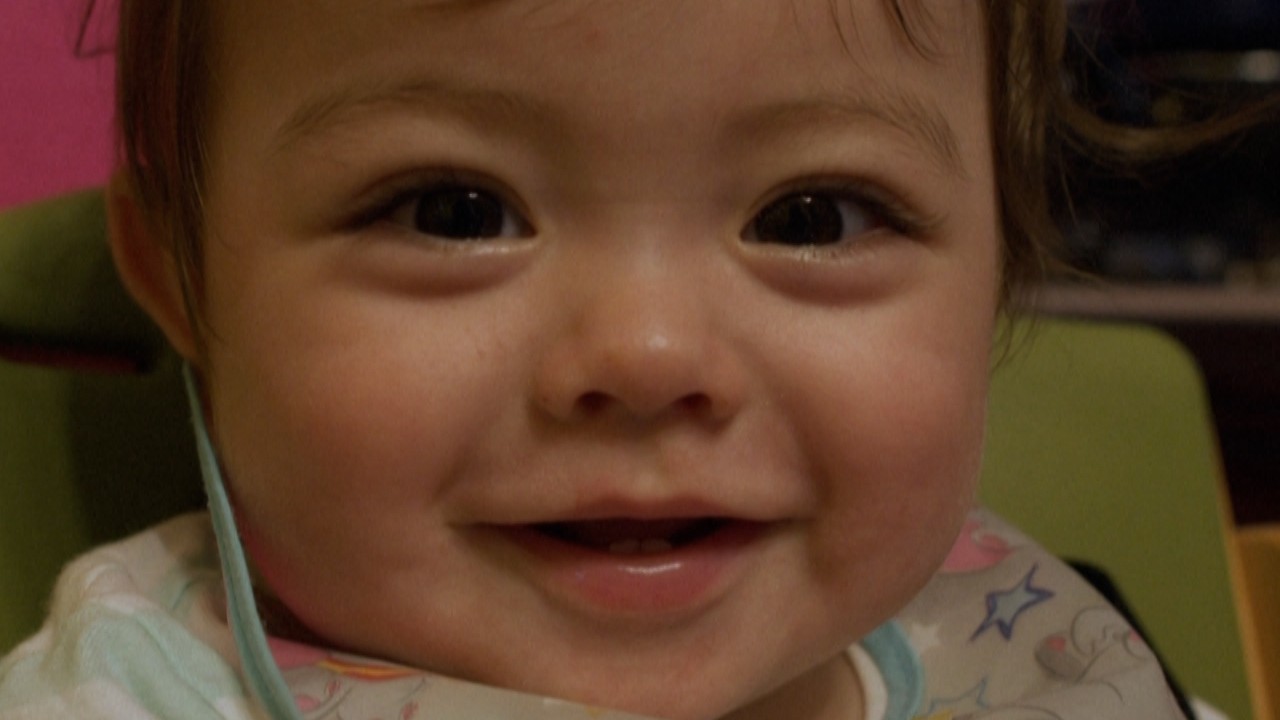
‘Biased against women’: Japan’s gender gap the widest among OECD countries, World Bank study shows
- Japan is 73 out of 190 countries surveyed in an assessment of equality between genders, below the Democratic Republic of the Congo, Angola, Nepal and Lesotho
- The World Bank study also notes Japan’s failure to address the long-standing problems of unequal pay and opportunities for male and female employees
Japan admits it must do more to ease women’s struggle to balance work and home
The report ranks nations on eight metrics, including pay, marriage, entrepreneurship opportunities and workplace conditions, with two new areas added to the 2024 report – childcare services and safety from violence.
And while Japan fared well in access to childcare services, the World Bank did raise red flags in a number of other areas, including a failure to make progress on improving the long-standing problems of unequal pay and opportunities for male and female employees.
With all the elements taken into account, Japanese women enjoy only 72.5 per cent of the legal rights and protections that Japanese men do, the study concluded. In comparison, the average across the OECD is 84.9 per cent.
The report also noted that women entrepreneurs do not benefit from the same opportunities as their male counterparts, while also calling for changes to Japan’s legal framework to deal with cases of domestic violence and sexual harassment.

Akiko, who works for a major media company, said the differences between full-time male employees in management positions and the dozens of freelance editors and translators were stark. And despite their interest in finding a way to close that gap, she said even lawyers had recommended that they not “rock the boat” in search of improved conditions.
“I would say that 80 per cent of the people at this company are freelancers on far, far lower pay and with none of the benefits of regular full-time staff, even though the company could not operate without our work,” said Akiko, who declined to provide her family name.
“We did not even have real contracts until people started to complain about working conditions a few years ago, when the company started giving us documents that described us as ‘contractors without benefits’ and made it clear that they could fire us at any time and with very little reason,” she told This Week in Asia.
In Japan’s push for women bosses, equality is a secondary concern
The consequence of being a freelance contributor on a rolling contract is that Akiko and the rest of the largely female workforce get paid less and are regularly required to work overnight shifts.
“Lots of women just put up with it because it is easy for the company to fire people and get new staff,” she said. “And when we spoke to a lawyer, he said we might win the case in court and get a payout of a couple of million yen, but we would lose our job straight away.”
Japan’s low ranking in the World Bank study flies in the face of repeated commitments by Japanese governments to elevate women to the same status as men in every area of society.
Targets for women taking greater roles in neighbourhood community organisations also fell short, along with plans for more women to return to the office after having a baby and for men to help out more around the family home.
The 2020 deadline came and went with little to show for Abe’s grand plans, with the Council for Gender Equality indicating that the original deadline be pushed back by a decade. There is no sign that target will be met either.
‘Loss for the nation’: Japan seeks to undo stigma for women in STEM
Sumie Kawakami, a lecturer at Yamanashi Gakuin University who focuses on women and gender issues, said Japan’s poor gender equality could not be blamed entirely on the nation’s political leaders.
“The system of Japan is biased against women, but there are also problems in our society that need to be overcome,” she said.
“Looking at women in the workplace in Japan, for example, we see that many women do not want to be promoted because that would require longer hours and greater responsibilities,” she said.
“And they balance career moves against being a good mother, and they usually come down on the side of being a mother.”

Women are under huge social pressures as well, according to Kawakami, with relatives likely to intervene to suggest they spend more time being a housewife than an employee or neighbours gossiping about how they are never at home.
“Women are still supposed to follow the norms of this society, even if that runs counter to what they actually want,” she said.
She was, however, optimistic that a new generation of young people saw things quite differently.
“I actually think things are changing,” she said. “I see young fathers far more involved in family life and helping raise the children more than in the past.”
It could take some years for these people to make it into senior positions at companies and other organisations, she agreed, which would mean that younger generations of Japanese women might not see their dreams of a career fulfilled, but their daughters would have greater parity with Japanese men.


